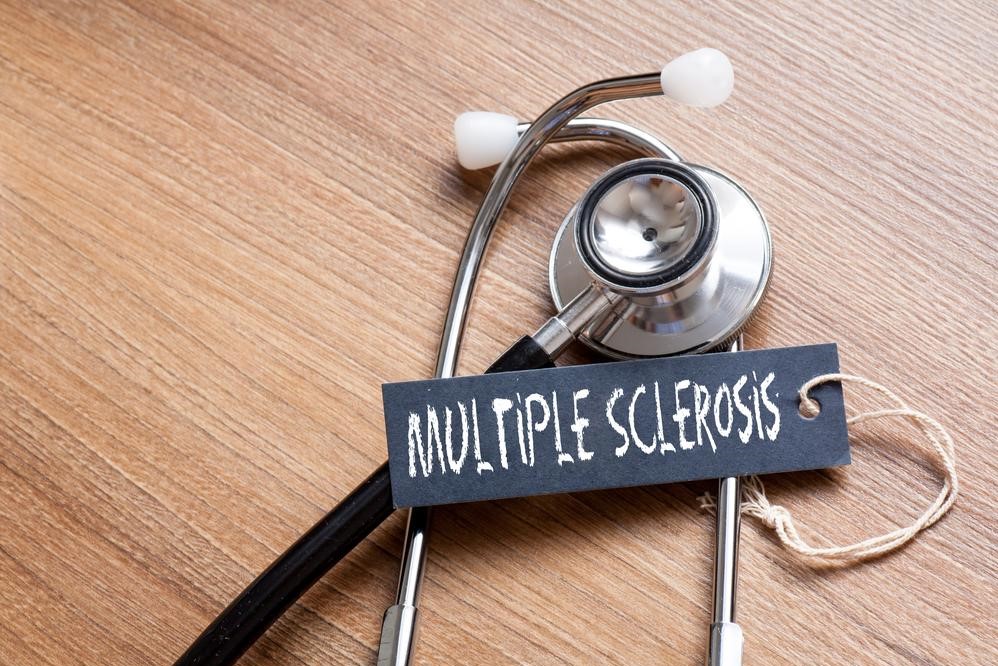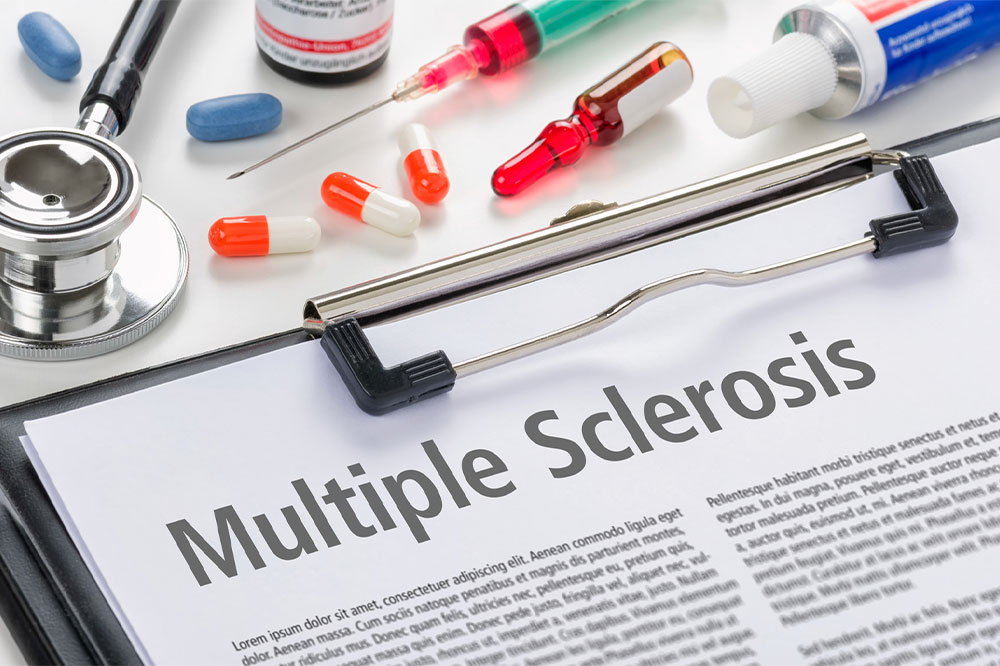Emerging Therapeutic Strategies for Multiple Sclerosis Management
This article discusses innovative treatments for multiple sclerosis, highlighting management of acute attacks, relapse prevention, and the role of disease-modifying drugs. It emphasizes a multidisciplinary approach and current pharmacological options to improve patient outcomes and quality of life.
Sponsored

Multiple sclerosis (MS) is a chronic condition that necessitates diverse treatment options. Critical considerations include the patient's age at onset, gender, disability level at diagnosis, and MS subtype. A collaborative care approach involving neurologists, rehabilitation therapists, neuro-urology specialists, psychiatrists, occupational and physical therapists, and social workers is vital to address all facets of the disease and enhance quality of life.
Managing MS involves four main objectives: controlling acute flare-ups, decreasing relapse frequency, managing complications, and addressing existing permanent disabilities. Although no cure exists, current strategies focus on these goals.
Managing Acute MS Flare-Ups
High-dose corticosteroids are primarily used to manage sudden episodes, as they reduce inflammation. They are typically reserved for severe cases or prolonged attacks exceeding 24 hours. These steroids work by binding to cell surface receptors, inhibiting protein formation, and suppressing inflammation, which underpins MS symptoms.
Guidelines recommend intravenous methylprednisolone or oral methylprednisolone at 500mg to 1g and 2g, respectively, over 3-5 days. Afterwards, a tapering dose of prednisone (60-80mg daily) is used for about two weeks. While effective at reducing attack severity, steroids do not prevent future relapses and are limited to thrice yearly due to side effects such as osteoporosis, mood changes, cataracts, gastritis, weight gain, and increased infection risk. Proton pump inhibitors like esomeprazole may help prevent gastritis, and lithium can manage mood disturbances. In steroid-resistant cases, plasmapheresis may be considered, though availability is limited by cost.
Reducing Relapse Frequency
The relapsing-remitting type of MS involves periodic attacks interspersed with remission. Preventative treatment with disease-modifying therapies (DMTs), such as Glatiramer acetate and Interferon-beta, aims to minimize relapses. These treatments should be initiated early, ideally before irreversible neurological damage occurs, and are suitable for patients able to walk unaided, with recent severe relapses, over 18 years old, and without contraindications.
Interferon-beta, available as interferon β 1a (Avonex, Rebif) and β 1b (Betaferon), modulates immune activity by reducing inflammatory cytokine production, T-cell proliferation, and inflammatory cell migration into the central nervous system. Avonex is administered weekly via intramuscular injection, while Rebif and Betaferon are given subcutaneously multiple times weekly and bi-daily, respectively. Common side effects include injection site reactions, flu-like symptoms, and transient skin changes.
Glatiramer acetate, composed of amino acids, acts as an immunomodulator, possibly converting inflammatory T cells into non-inflammatory types and acting as a decoy target resembling myelin. It’s administered daily via subcutaneous injection, with similar injection site reactions. Other agents used for relapse prevention include Natalizumab, Fingolimod, Teriflunomide, Mitoxantrone, Cladribine, and intravenous immunoglobulins.






